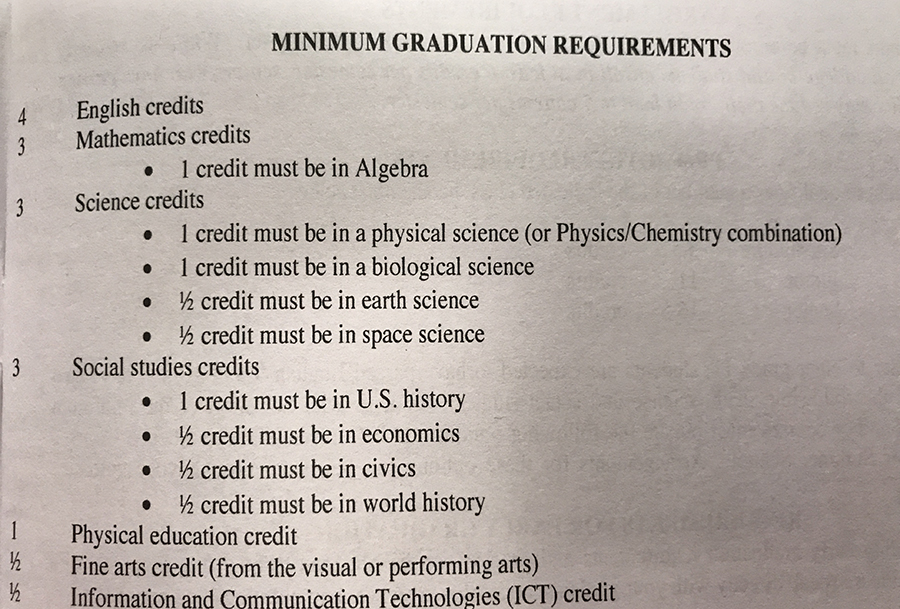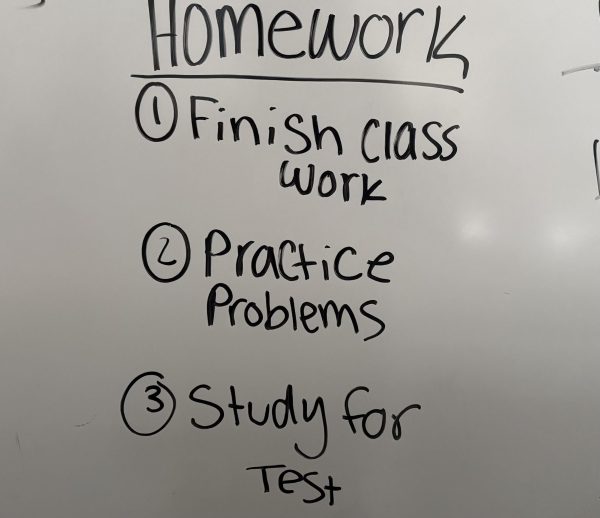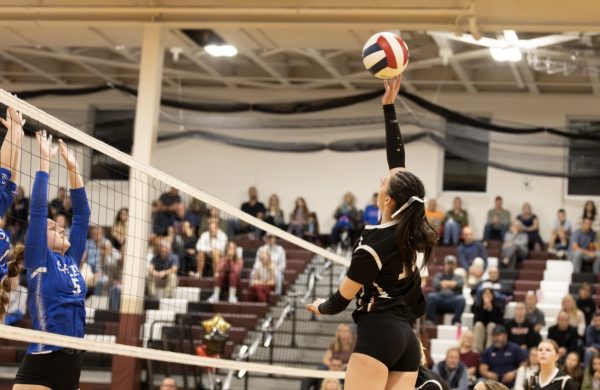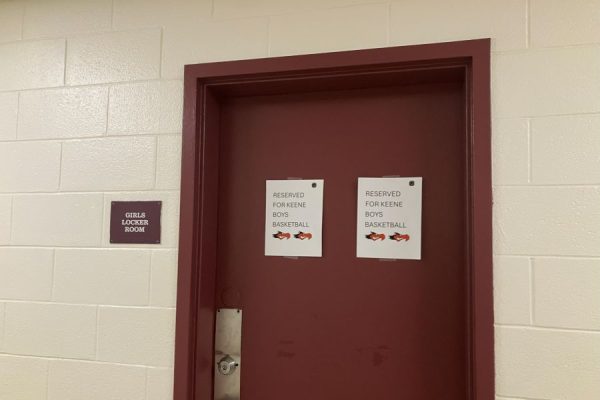Are All Grad Requirements Created Equal?
As we move through our educational journey as a high schooler, we hardly think about the requirements of graduation that we all must meet. When we do, rarely do we ever go into depth, asking the big questions: who makes and decides the requirements, why are they the way they are, and do they truly benefit high schoolers? Are high school requirements meant to create a well-rounded graduate, marketable to the ever-so-demanding workforce of today? If so, does it succeed at its purpose?
I decided to investigate this mystery by creating a survey that takes a look at what the upperclassmen think of graduation requirements. Their answers, in short, say “kind of”; although most of them agree that these requirements are reasonable (in terms of simplicity and number of credits). This general opinion makes sense, as 22.5 credits has been a goal often met and exceed by a majority of students.
The next two questions took a look at what requirements were the most and least necessary. Survey-takers generally ranked Math and English as the most important required classes while also ranking Earth and Space Science, as well as Phys Ed, as the least important and the most “expendable.”
Most of the upperclassmen who took the survey believed that home economics and personal financial management (which I listed as examples). Though it may seem like I brainwashed the survey takers into sharing my ideologies, that really isn’t the case. Home economics and personal financial management are classes that teach essential life skills that everyone needs to learn. This is not an exaggeration; learning how to cook, clean, and balance a checkbook are basic adult skills, and practicing them would heavily benefit many high schoolers.
Although it is understandable why Earth Science is regarded as necessary (considering we live on Earth and should somewhat understand how it works!), Space Science doesn’t seem to be as necessary. If Chemistry is not regarded as essential for becoming well-rounded when it is considered important by multiple sources (which is true, as it helps us understand Earth, the big hunk of space rock we live on) then why should Space Science? It seems more suitable as an elective for those who want to learn about space rather than something to force-feed students – some of which have no interest in gaining a science-based major.
At a glance, Physical Education seems like a fairly reasonable requirement for a high school student; it ensures that students stay active and lead healthy lifestyles. However, not everyone gets a positive experience out of the class, with some struggling to graduate because of a poor grade in PE. There are many jobs which don’t require a large amount of physical strength as well as many opportunities outside of school to stay physically active (karate, yoga, etc.) that fulfill this purpose. I understand that obesity is on the rise and that we need to become more physically fit, which is why Health is a great class to encourage students to stay healthy. Home economics is another type of class that would help students have a more healthy lifestyle; the culinary portion of home economics would educate students on proper nutrition – another way to reduce obesity in today’s society.
Financial management is a no-brainer; if you’re going to be sending a bunch of young adults out in the real world, they need to know how to manage their money. Many of them aspire to live on their own, which makes such knowledge imperative. Practices and information learned in financial management classes can also be used in the workplace (especially with those holding a treasurer position!) With the United States having trillions of dollars in debt, it is essential we learn how to spend our money better.
The last two questions in the survey mentioned advanced placement and honors classes (as well as school clubs and organizations) being considered as additional credits if they can provide enough education. Survey-takers had mixed opinions – some believed it would be a reasonable change (because they require more effort and work), whereas others thought it would be unnecessary. Advanced placement and honors classes currently have a larger GPA weight, which has its perks and drawbacks; it can greatly benefit or badly punish students based on their grades.
I believe that clubs that teach important skills should provide elective credits to dedicated members, as it encourages more students to take part while repaying them for their hard work. If it works for sports teams (which can serve as one credit of physical education), clubs can at least work as elective credits. Advanced placement and honors classes, on the other hand, should give students a choice on whether it has greater weight or greater credit amount, doing it in such a way that there is a good balance between both options. There are students who may need either one or the other.
In conclusion, the level of effectiveness of Goffstown High School’s graduation requirements is debatable; it keeps students entering GHS on a path where they gain all the knowledge required to make them a well-rounded individual in many important subjects, yet it also omits other subjects of great importance in favor of subjects of questionable importance. There is definitely room for improvement, and hopefully this system can be improved in the up and coming years.

Thomas Reed is a GHS senior who enjoys art, writing, music composing, and game design. He is currently the Vice President of the senior class, so you...








